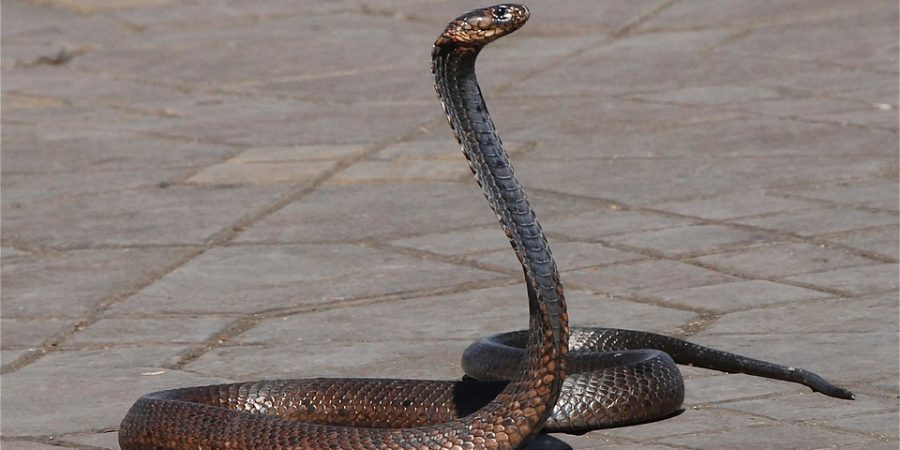We all know how important it is to conserve wildlife. However, when many people hear the sss word, their “conserve wildlife” stand, literally sits. Most of us fear snakes. It actually makes me wonder why Eve gave a snake an ear in the Garden of Eden.
Do snakes really want to confront you? Is it true that when you leave a snake alone, it will leave you alone? This statement is true for the most part. They only attack to protect themselves. But, the first thing most people do is to pick the nearest rock to kill them. However, at the end of the day, the snake doesn’t really know it shouldn’t be where it is. After all, we are the invaders.
Many snakes are helpful to farmers
Ask a snake farmer and they’ll give 101 reasons to not kill snakes – Trouble with the immune system? There’s a snake pill for that. Need a little boudoir help? There’s a snake remedy designed especially for the libido. Who needs Viagra when “cobra powder” will work the magic? But, how do snakes help you as a farmer?
Well, snakes are on this planet for a reason. They are not here to scare us or keep our numbers in check. They form a key link in the food chain by playing the role of predators, as well as prey. In short, they help maintain a healthy ecosystem and environment. They eat rats and mice, which damage crops. Yes, rats have a role to play in the environment but, they can’t be allowed to breed out of control. Same goes for frogs and lizards. Usually, if you find a snake around it’s because food and water isn’t far away. Some snake haters might have another idea: using rodenticides and pesticides, rather than letting nature do it her way. Well, you don’t want me to start with how these negatively affect the ecosystem.

How then do we then coexist?
Although snakes are beneficial predators of rodents and insect pests, venomous species can be dangerous if provoked or startled. If you have venomous snakes around you, learn to distinguish between venomous and non-venomous snakes and never try to pick up a snake species you don’t recognize.
How to Differentiate Between Venomous and Non‐Venomous Snakes
The best way to know whether you’re dealing with a venomous or non-venomous snake is to get familiar with the kinds of snakes that live in your area. A venomous snake will have a rough triangle-shaped head. It is designed by nature to allow the venom glands to sit just behind the eyes and towards the back of the head. However, this type of classification is not always foolproof. Body markings and other physical characteristics can also help to identify deadly snakes. Below is a table that can help you kick start your knowledge on snakes:
| Venomous snakes | Non-venomous snakes |
| Usually, have a triangular-shaped or diamond-shaped head | Usually, have a rounded head |
| During the daytime, pupils look like slits- I doubt you’ll be close enough to look | Pupils are circular |
| A single row of scales at the end of the tail | A visible line separates two rows of scales at the end of the tail |
| Have a heat-sensing pit on the head | Often do not have a heat-sensing pit on the head |
If you encounter a snake that has any one of the above venomous characteristics, stay away from it. It may be harmless, but it may be poisonous. It’s best to learn individual snakes and their characteristics. It’s better to be prepared so you can stay safe. You can either call a professional wildlife expert, purchase a snake trap if you wish to catch the snake yourself or modify your land and seal up your house to help keep snakes away.
Will you be throwing stones at the next snake you find?

For sure snakes has happened us a lot in our farmers and homes even though we are scared of them. They bad when their eggs and chicks in our cage
I live in a area prone to black mamba and cobra because there are wild quails so my poultry is mostly invaded by them. I have tried the cow pea, it hasn’t worked and I hate to meet with them coz they have spat in my eyes a lot can’t deal no more. What is the best way of dealing them out of the farm completely without fighting with them?